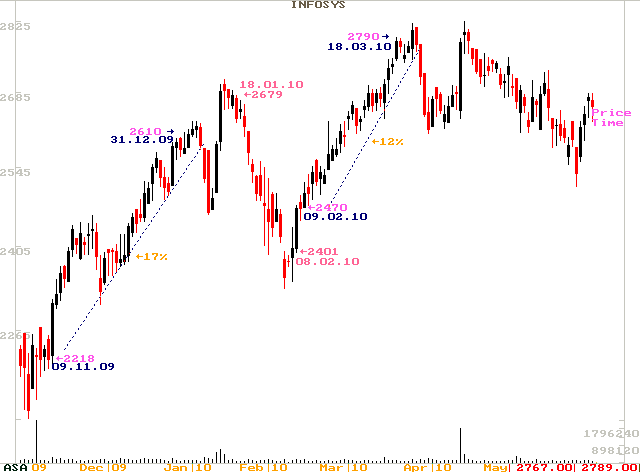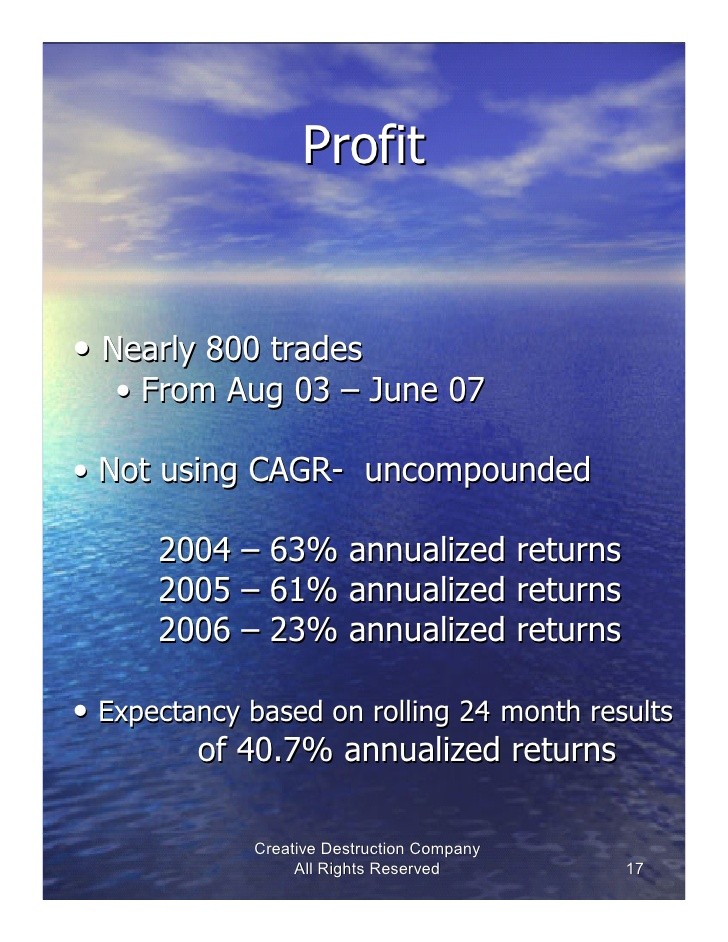Profit from Short selling the Indian Futures Markets
Post on: 9 Июль, 2015 No Comment

Profit from Short selling the Indian Futures Markets
What differentiates futures traders for most ordinary investors is the fact that most of them are as likely to sell a market as they are to buy it. Unlike many equities strategies that focus only on advancing markets, in futures you can just as easily make money if prices are going up or down.
Have you ever been absolutely sure that a stock was going to decline and wanted to profit from its regrettable demise? Wouldn’t it be nice to see your portfolio increase in value during a bear market? Both scenarios are possible. Many investors make money on a decline in an individual stock or during a bear market, thanks to an advanced investing technique called “short selling.”
Short selling is neither terribly complex nor entirely simple. In other words, it’s a concept that many investors have trouble understanding. In general, people think of investing as buying an asset, holding it while it appreciates in value, and then eventually selling to make a profit. Shorting is the opposite: an investor makes money only when a shorted security falls in value.
Most investors know the adage, buy low, sell high. But, did you know that in the futures markets, the adage can also be turned around so you sell high, buy low? When you sell before a purchase, you are selling short.
A short sale is made when prices are expected to drop, at which point you could offset the position with a buy, and claim a profit.
Why Short Sell?
There are two main motivations to short sell:
1. To trade
The most obvious reason to short is to profit from an overpriced or downward trending bear market.
2. To hedge
Very few investors short as an active investing strategy. The majority of investors use shorts to hedge. This means they are protecting other long positions with offsetting short positions.
Advantages of Short Selling Stock and Index Futures?
Make money in downtrends and bear markets when prices fall.
It may seem obvious, but what goes up must come down. If you think prices are due for a fall you can sell short to position yourself to gain from that drop.
Take a position with margin.
Futures positions tie up less money than stocks. Whether you’re long or short, a position in single-stock futures requires margin equal to a certain % value of the contract’s value.
Sell without owning.
In the futures markets, unlike the cash markets, you can sell stocks without actually owning or having them in your demat account. Shorting stock or index in futures have no such restrictions. Going short is just as easy as going long.

Sell at a better price.
Single-stock futures can sometimes be sold at a price higher than the actual stock itself. This happens because most single-stock futures trade at a premium to the stock price, called basis.
How To Sell Short With Stock and Index Futures
For many investors the question is not whether to go short, but rather, how best to go about it. This is the easy part. When the time comes to position yourself for a downward move, simply place your order to sell. You can go to the market, work a limit order or enter a new position with a sell stop — just as you could with any buy order.
With futures, you’re not selling the actual stock or index. Instead, you’re entering into an agreement to deliver or close out your position before the contracts expiry date. Most investors simply buy back their short positions before the contracts expire.
And Finally.
Some people mistakenly believe that making profits on a short sale is unpatriotic, unethical or mean-spirited. But remember that for every buyer there is a seller taking the other side of the trade. That’s what makes a market — two parties with different opinions about the future direction of the item being sold.
Unless a short sale involves fraud or manipulation, it is a routine valued aspect of liquid markets. After all, short-sellers will eventually be buyers — either to cover their short or to make delivery.
Why limit your opportunities with preconceived notions of what is or is not appropriate? If you think the market is due to rally, then buy. If you’re bearish, then sell. And if you decide to take action on your bearish opinion, the short sale can get the job done nicely.














